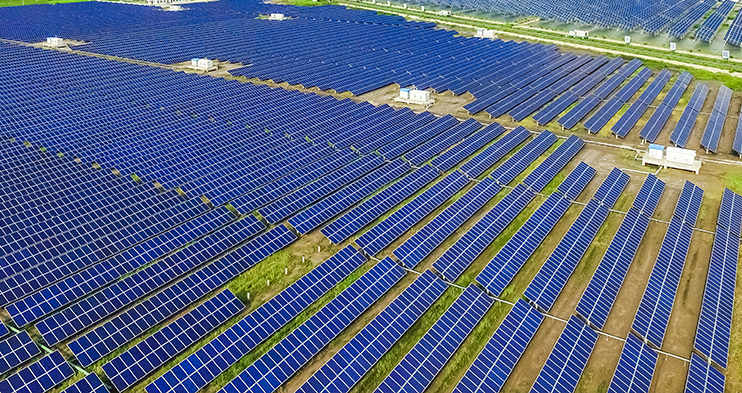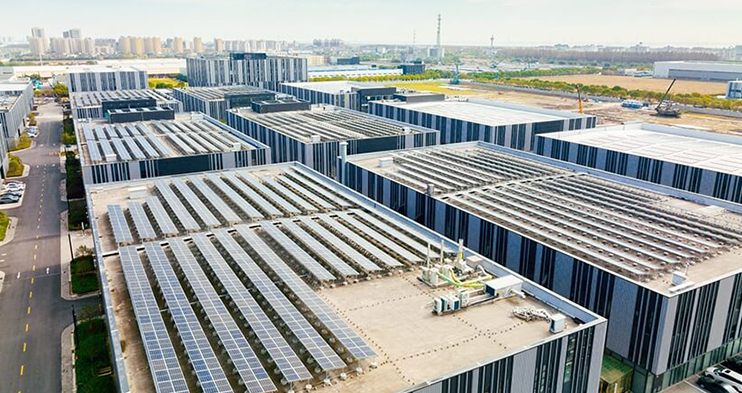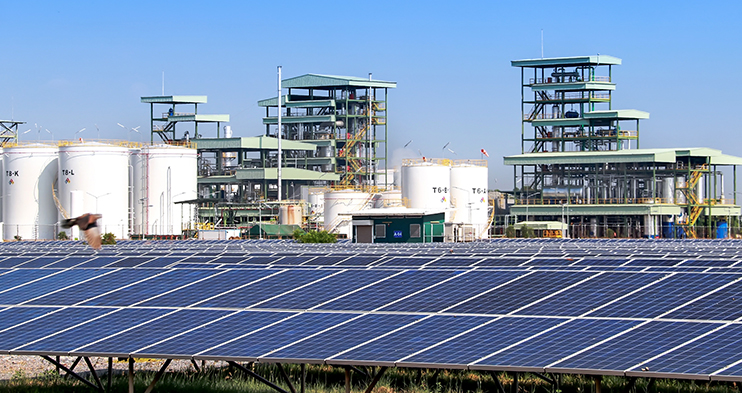My Energy is a JV Partner of Hanersun Technology Co. Ltd. China.
UAN +92 42 111 694 694
25-D, National Homes, Canal Bank, New Muslim Town, Lahore-Pakistan.
My Energy is a JV Partner of Hanersun Technology Co. Ltd. China.
UAN +92 42 111 694 694
25-D, National Homes, Canal Bank, New Muslim Town, Lahore-Pakistan.

Establishing solar farms to produce electricity presents several key advantages. Solar farms generate large-scale renewable energy, reducing reliance on fossil fuels and lowering greenhouse gas emissions. This contributes significantly to mitigating climate change and promoting environmental sustainability. Solar farms can be built on underutilized land, such as deserts or former industrial sites, maximizing land use efficiency. They also provide economic benefits, including job creation during construction and maintenance, and can lead to lower electricity costs for consumers. Additionally, solar farms enhance energy security and grid resilience by diversifying the energy supply and reducing the risk of power outages.

Commercial solar installations offer numerous advantages, including significant cost savings on energy bills by reducing reliance on traditional power sources. They also provide a reliable and sustainable energy solution, contributing to environmental conservation by decreasing carbon footprints. Solar installations can also enhance a company’s public image, showcasing a commitment to sustainability and attracting eco-conscious customers and investors.

Industrial solar installations provide substantial benefits, including considerable reductions in energy costs, which can significantly impact a company’s bottom line. By harnessing renewable energy, industries can achieve greater energy independence and stability, mitigating the risks associated with fluctuating fuel prices and supply disruptions. These installations also contribute to environmental sustainability by lowering greenhouse gas emissions and reducing reliance on fossil fuels.

Solar installations in the agriculture sector offer numerous advantages, including significant cost savings on energy, which can be particularly beneficial for energy-intensive farming operations. They provide a reliable and sustainable power source for irrigation systems, heating, cooling, and other essential farm operations, reducing dependence on non-renewable energy sources and stabilizing energy costs. Solar power also promotes environmental sustainability by lowering carbon emissions and minimizing the ecological footprint of agricultural activities.

Solar installations in poultry and livestock farming offer numerous advantages. They provide a reliable and cost-effective source of energy, reducing operational costs by cutting down on electricity bills. Solar power helps maintain a stable energy supply, essential for regulating temperature and lighting in animal housing, thus improving animal welfare and productivity. Additionally, it promotes sustainability by lowering the farm’s carbon footprint and dependence on non-renewable energy sources.

Residential solar installations offer several advantages. Solar panels reduce or eliminate electricity bills, leading to significant long-term savings. Homeowners can generate their own power, reducing dependence on the grid and vulnerability to energy price fluctuations. Homes with solar installations often have higher property values and can sell faster.